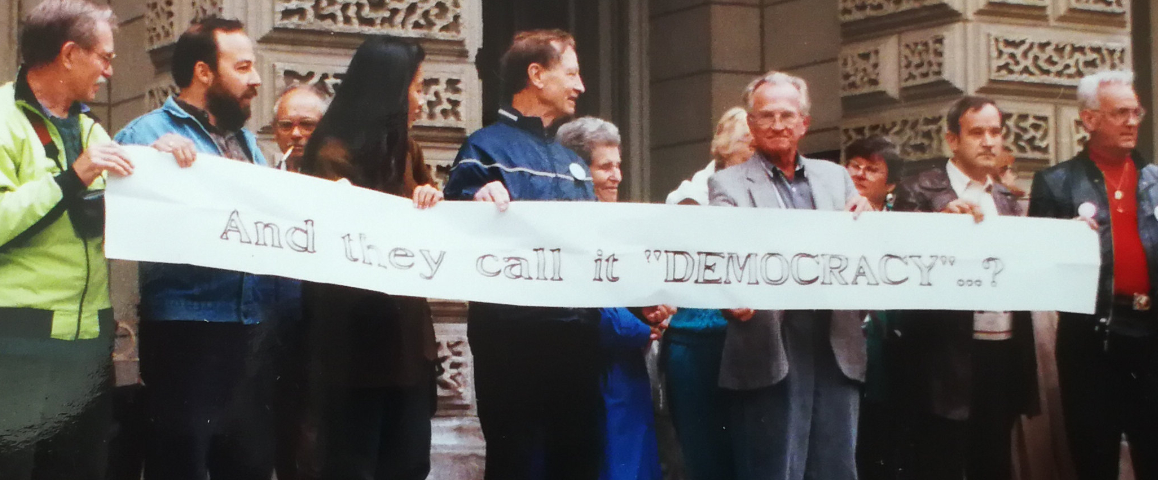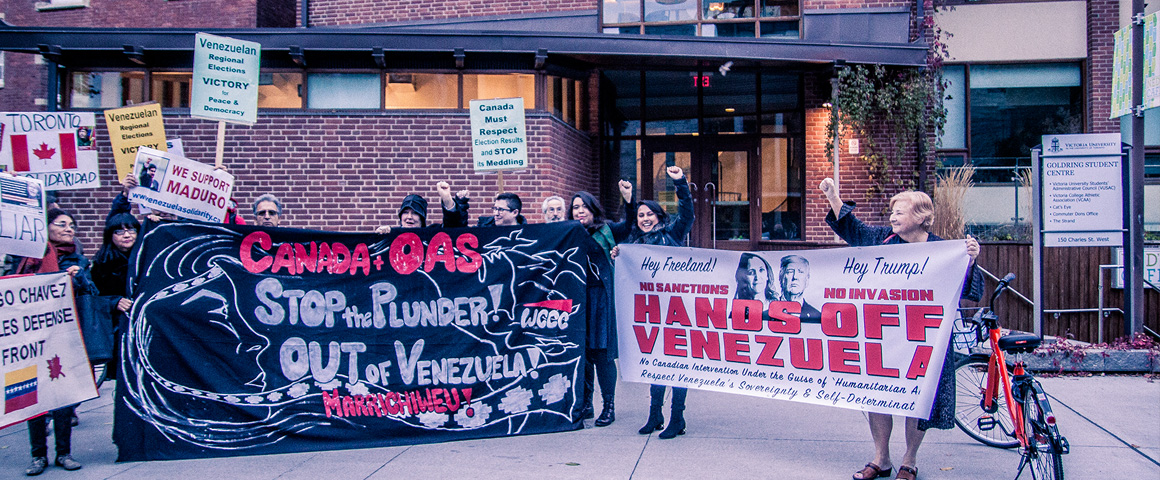The long tale of white supremacism is not limited to the US. Canada, too, has seen periods when politicians tried to make this a “white man’s country”, starting with the colonial attempts to wipe out or assimilate the Indigenous peoples. In the late 1800s, the so-called “yellow peril” was invoked, kicking off anti-Asian riots, the Komagata Maru incident, the head tax, the infamous internment of Japanese-Canadians, and much more.
Nor is this just past history. The reality of contemporary racism includes the ongoing oppression of Indigenous peoples in forms too numerous to list here, as well as both subtle and overt modern day anti-Asian sentiments, deeply ingrained anti-Black racism, etc.. This spring is the 20th anniversary of the NATO bombing of the Chinese embassy in Belgrade, killing three people in clear violation of international law, with Canada as a willing accomplice.
Last December 1, at the request of US authorities, Canada arrested Huawei CFO Meng Wanzhou, accused of crimes allegedly committed in other countries. Later in December, a few arrests of Canadian citizens took place in China, sparking angry claims that China does not adhere to the “rule of law.”
In this context, China’s Ambassador to Canada, Lu Shaye, wrote in The Hill Times that “The reason why some people are used to arrogantly adopting double standards is due to western egotism and white supremacy… What they have been doing is not showing respect for the rule of law, but mocking and trampling the rule of law.” Lu Shaye was immediately condemned by the corporate media and politicians, as though his comment was too outrageous to be considered seriously.
Instead of dismissing legitimate concerns over the arrest of Meng Wanzhou, Canada needs to acknowledge the truth of the Ambassador’s words, and seek ways to settle this dispute in fashion which is calm and productive for both sides.



